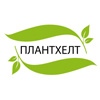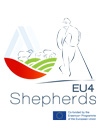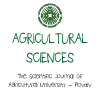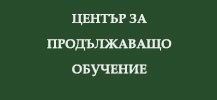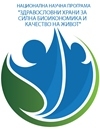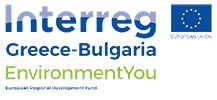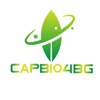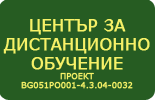Phytopharmacy (Bachelor)
|
Course title: |
Phytopharmacy (Bachelor) |
|
|
Course code: |
RZPHB |
|
|
ECTS: |
5 |
|
|
In-class hours |
Lectures: |
30 |
|
Laboratory work/Tutorials: |
30 |
|
|
Self-preparation hours |
Practical training: |
20 |
|
Other: |
45 |
|
|
Total hours: |
125 |
|
|
Language: |
English |
|
|
Study cycle: |
Bachelor |
|
|
Semester: |
Winter & Summer |
|
|
Faculty: |
Faculty of Plant Protection and Agriecology |
|
|
Name of the lecturer(s): |
Assoc. Prof. Donyo Ganchev, PhD |
|
|
Mode of delivery: |
Face-to-face, distance learning |
|
|
Prerequisites: |
Chemistry, Statistics |
|
|
Learning outcomes of the course unit: |
Phytopharmacy delivers the basic mandatory knowledge for pesticides – EU requirements, Legislation, uses, research and development of plant protection products. The students receive skills for the right calculation of doses and concentrations as and emergency procedures in case of pesticide poisoning. |
|
|
Course contents: |
1. Basic pharmacy and toxicology terms. The novel tendency in the area of pesticide science 2. Mode of action of pesticides 3. Resistance and integrated resistance management 4. Environmental influence of pesticides 5. Environmental fate of pesticides 6. Combining of pesticides 7. Emergency procedures in case of pesticide poisoning and personal protection equipment 8. Calculation of doses and concentrations of pesticides 9. Phytotoxicity 10. Economic decision system for pesticides treatments 11. Pesticides research and development process 12. Pesticide formulations 13. Physicochemical properties of pesticides 14. Classification of pesticides 15. Fungicides 16. Insecticides 17. Other zoocides 18. Repellents, antifeedants and attractants 19. Multicides 20. Naturally friendly pesticides |
|
|
Recommended or required reading: |
1. Queensland Government. Department of Primary Industries and Fisheries. 2005. Agricultural chemical users' manual. 2. Radcliffe, E., W. Hutchinson, R. Cancelado. 2008. Integrated pest management. Cambridge University Press 3. Kramer, W. and U. Schirmer. 2007. Modern Crop Protection Compounds. Wiley-VCH 4. Hond, F., P. Groenewegen, N. van Straalen. 2003. Pesticides – problems, improvements, alternatives. Blackwell Science 5. Stenersen J. 2004. Chemical Pesticides – mode of action and toxicology. CRC Press 6. Wilson M. 2003. Optimising Pesticide Use. Wiley press |
|
|
Planned learning activities and teaching methods: |
Laboratory and field preparation of pesticide solutions – Bordeaux and lime-sulfur mixtures Field determination of TRV, UCR and LWA Laboratory and field screening for pesticide activity |
|
|
Assessment methods and criteria: |
Doses and concentrations calculation test, Written exam |
|
 - Събития по случай 80-я юбилей на АУ
- Събития по случай 80-я юбилей на АУ
